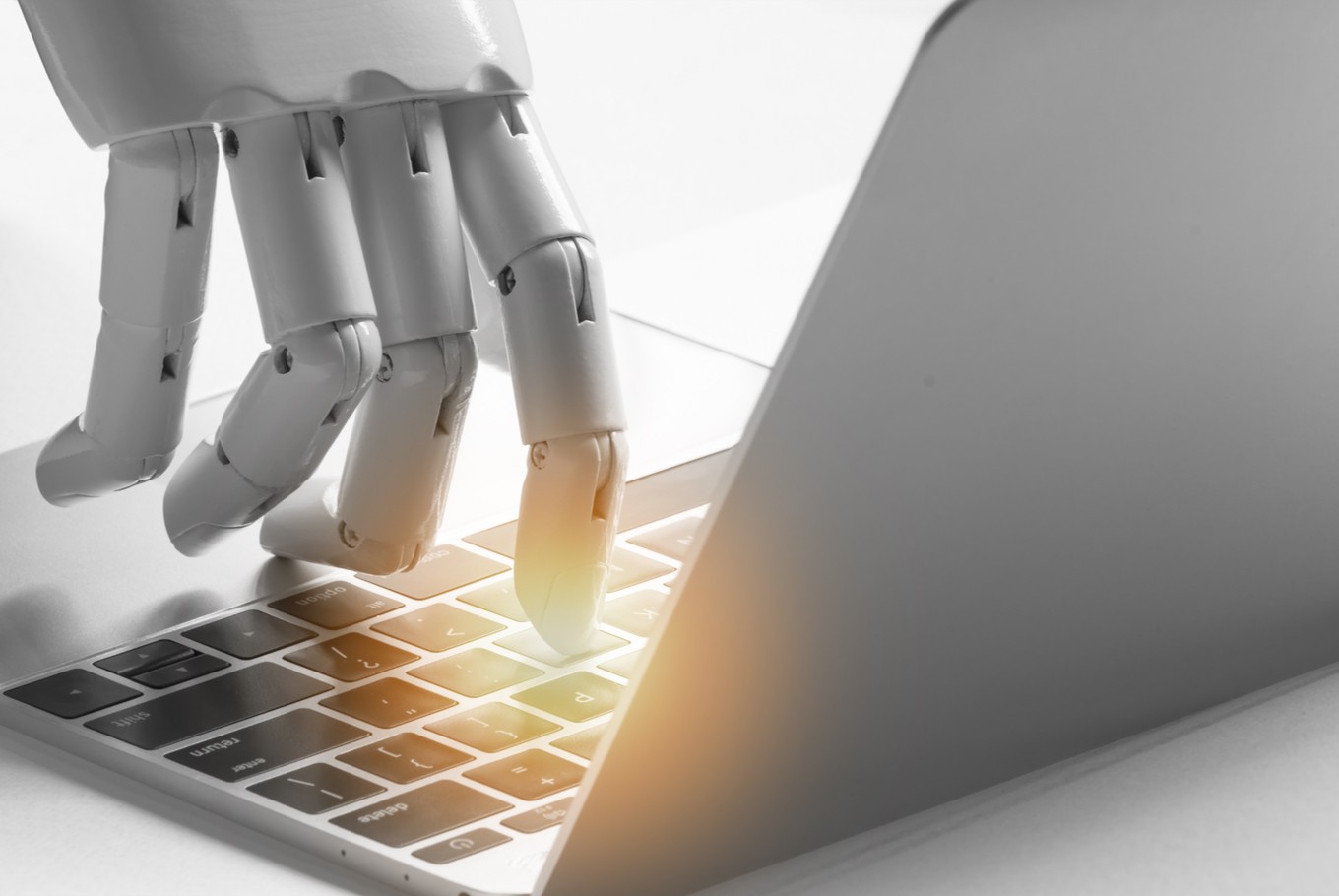Popular Reads
Top Results
Can't find what you're looking for?
View all search resultsPopular Reads
Top Results
Can't find what you're looking for?
View all search resultsThe time to unlock Industry 4.0 growth is now – here’s how
Even before the pandemic, Indonesian business leaders were facing challenges such as defining the roadmap of Industry 4.0 use cases with clear business value and finding available cost-effective technology providers.
Change text size
Gift Premium Articles
to Anyone
I
ndonesia’s digital manufacturing ambitions are well-known. In 2018, the Industry Ministry launched Making Indonesia 4.0, a roadmap to accelerate digitization in the country’s industrial sector.
Strides were made in 2019 when the World Economic Forum inducted two Indonesian factories –Schneider Electric’s Batam facility, as well as local mining company Petrosea’s Kalimantan operation – into its Global Lighthouse Network, in recognition of their transformation efforts. Then COVID-19 struck.
In the past year, companies have taken massive steps to protect their people and business. This has been the biggest test facing industrial digitization. McKinsey looked across industries and spoke to 400 business leaders worldwide to understand how their approach to digitization has affected their response to the pandemic. Overall, 94 percent of respondents said Industry 4.0 and its associated technologies helped them keep their operations running during the crisis, and 56 percent said these technologies are critical to their crisis response.
Respondents in Indonesia partly reflected these results, with 94 percent saying that Industry 4.0 technologies kept them moving throughout the pandemic, while 26 percent classed them as critical to their response.
Looking more closely at responses to our survey, three broad outcomes have emerged.
First, a win for early adopters. Based on our research, a majority of companies that embarked on digitization efforts before the coronavirus crisis felt more prepared to respond when the pandemic hit. 65 percent of respondents reported feeling more optimistic about the prospects for digital technologies than a year ago. Locally, respondents felt less optimistic, with just 30 percent in Indonesia more optimistic than a year ago.
Second, reality check. Compared to last year, McKinsey’s research revealed a significant drop in respondents’ assessment of their organization’s maturity. We saw a 40 percent drop in respondents saying they had successfully scaled some or many Industry 4.0 use cases. This figure was below the level we recorded in 2017. Locally, the figures are even lower – with just 4 percent of respondents in Indonesia reporting that they had scaled their adoption of industry 4.0 technologies.
This change in perceived maturity has two likely causes. First, Industry 4.0 technologies are no longer measured for their ability to add value during business as usual. Instead, they are expected to prove valuable during trying times such as the COVID-19 crisis. Many are also finding that they can no longer ignore the limitations created by weaknesses in their underlying information technology/operational technology (IT/OT) infrastructure.
Third, a wake-up call. Companies that didn’t implement Industry 4.0 before COVID-19 are having a wake-up call. About 56 percent of respondents globally that hadn’t implemented Industry 4.0 technologies before the pandemic found themselves constrained in their ability to respond to the crisis, in the absence of digital technologies for support. In Indonesia, 25 percent of respondents feel unable to respond to the pandemic using Industry 4.0 technologies to the extent they would like.
At this time, leaders can overcome their Industry 4.0 challenges through collaboration
Based on McKinsey’s latest survey, respondents expressed that progress in accelerating digital transformation is now more difficult. Almost one-third of the participants in our survey expect recovery to take a year or more, citing constraints including lack of funding and talent. In Indonesia, the figure was comparable at 42 percent of participants.
Even before the pandemic, Indonesian business leaders were facing challenges such as defining the roadmap of Industry 4.0 use cases with clear business value and finding available cost-effective technology providers. Upskilling is another challenge leaders face in Indonesia, especially for micro, small and medium enterprises (MSMEs).
Indonesian leaders can look to a broader sector or market collaboration to overcome some of these challenges. For example, the Ministry of Industry plans to create a network of digital capability centers (DCCs), with the flagship PIDI4.0 in Permata Hijau to open at the end of 2021.
Meanwhile, the first satellite DCC by the Industrial Human Resources Development Agency (BPSDMI) has opened in the Institute of Industrial Management (STMI) Jakarta and is now ready to serve companies who want to understand and experience the transformation journey of Industry 4.0.
The center is equipped with training and learning modules on Industry 4.0 levers, technology stack and organizational requirements. It also features an ecosystem of technology and service providers, and can help companies along their Industry 4.0 transformation journey through “delivery” services.
Indonesia can also look to its ASEAN neighbors for partnerships on relevant programs. For example, at a joint event in January hosted by the Singapore Economic Development Board and the Indonesian embassy in Singapore, industry leaders discussed ideas such as collaborations with model factories in Singapore, or leveraging the lessons of successful programs, such as the Industry 4.0 Human Capital Initiative to upskill Indonesian MSMEs. Such partnerships could help foster cooperation between Indonesian manufacturers and service providers in Singapore.
Across industries, the pandemic is changing the rules of the digital game. It reinforced the value of Industry 4.0 but also exposed the limitations of today’s implementations and set a higher bar for success. For Indonesian leaders, the time to act boldly on digital transformation is now.
***
Alpesh Patel is a partner and leader of McKinsey's Digital Capability Centers (DCCs) in Asia, while Carlos Karo Karo leads McKinsey’s Digital Capability Center in Indonesia. Thomas Hansmann, a partner, and Khoon Tee Tan, a senior partner, both are based in Jakarta, contributed to the article.









